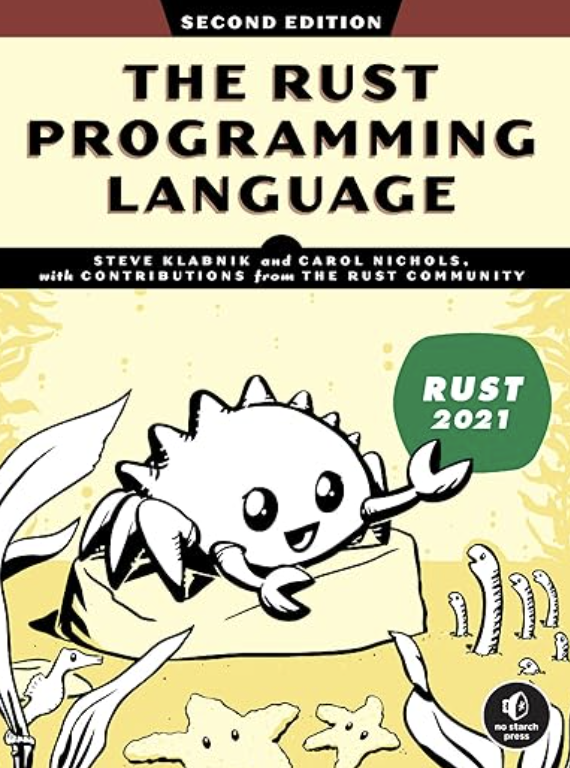Silverlight 5 Released
Saturday, December 10th, 2011Just read that Silverlight 5 has just been released. Off to the downloads page and some replanning of this weekends activities.
For more information visit the Silverlight home page.
Just read that Silverlight 5 has just been released. Off to the downloads page and some replanning of this weekends activities.
For more information visit the Silverlight home page.
The emergence of low cost computers in the UK market in the early 1980s kick started many a career in IT. The early market was not dominated by one type of machine but rather one full of choices from a myriad of companies. School playgrounds across the country soon became split between two camps, you either loved the Spectrum or the BBC Micro (which quickly became known as the Beeb). There were friends with other computers (Vic 20, Dragon, Commodore 64 to name a few) but these people were in the minority and viewed as weird.
Today marks the day the BBC Micro was first launched on the market. At the time it was expensive compared to the other machines on the market but it was supported by the BBC in the form of a TV series about computers and their uses.
At the time the BBC Micro was launched I had already been programming for several years but it is this machine which I remember with fondness. I had a great time learning how this machine worked and even purchased the Advanced BBC Micro handbook. It was this handbook which allowed me to get closer to the hardware. I even wrote my own disc operating system. This also taught me a very valuable lesson, always backup your work – I accidental tested the format command on the disc containing the only copy of the source code. To my dismay it was one of those occasions where I had managed to write 200 lines of assembler which worked perfectly first time.
The early industry meant that schools had to quickly put together a programme of lessons which taught pupils about the new machines and how to use them. The lack of software such as spreadsheets, presentation software etc. meant that children were taught about the machines and how they worked. Something which is lacking today. This lack of understanding about how computers actually work is slowly being recognised here in the UK and it appears that the government is starting to recognise that something needs to be done. One group of people who remember those early days are already working on a small computer for the education market. Check out the Raspberry Pi for more information on the project.
You can read more about the BBC Micro in this article on the BBCs news web site.
Happy Birthday BBC Micro
